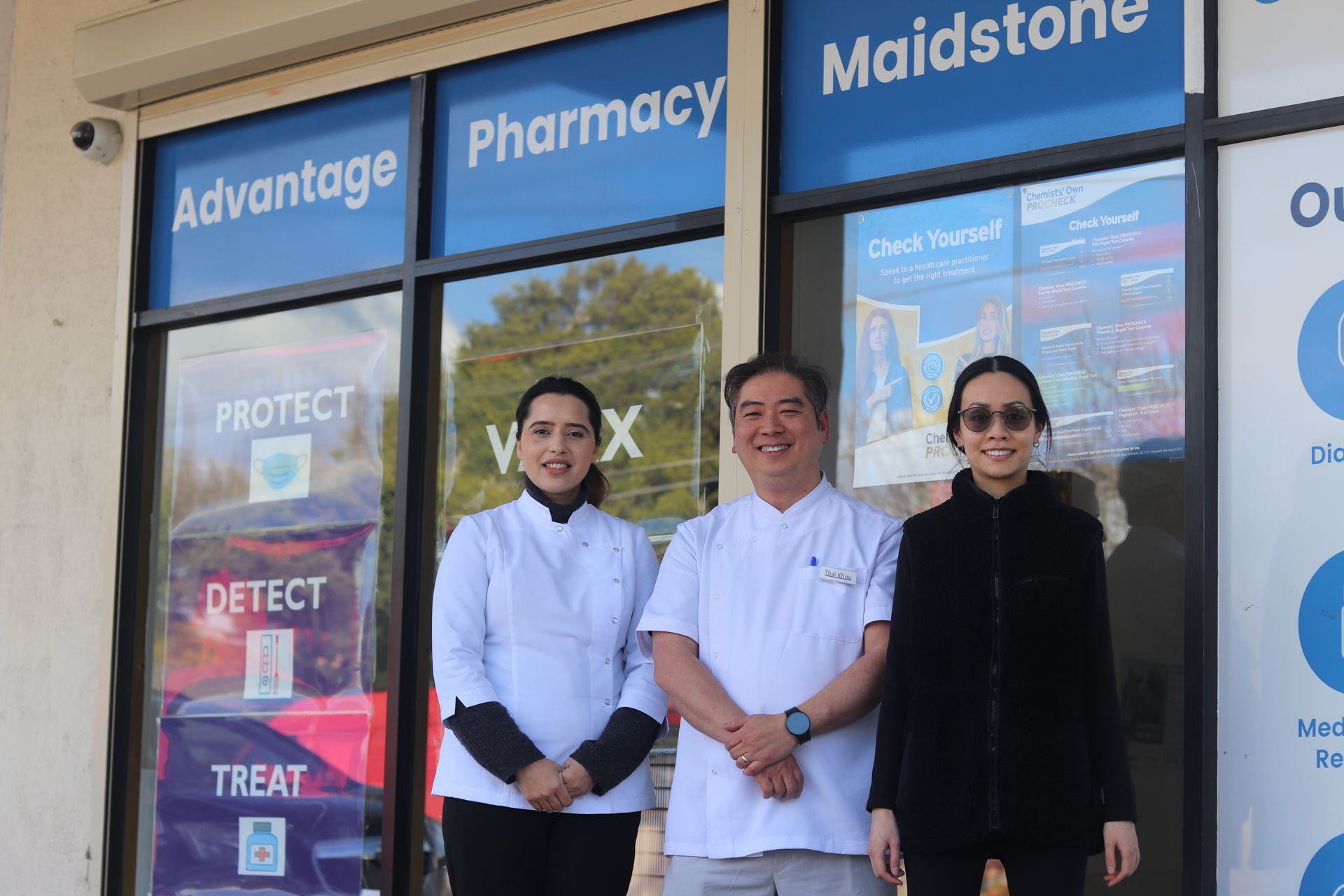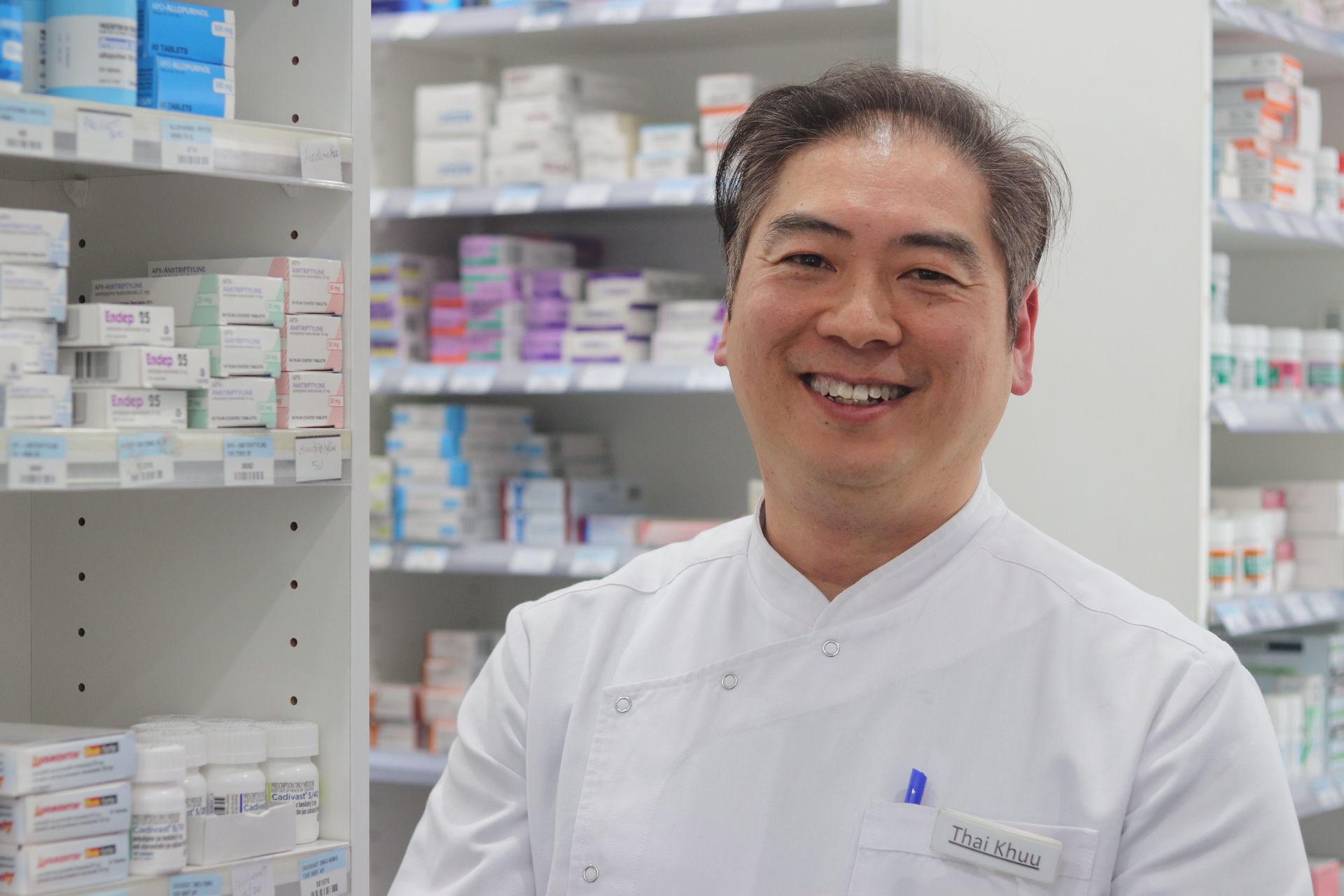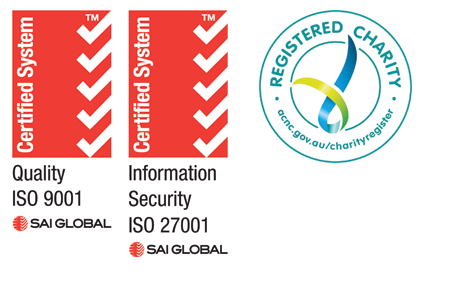Vaccinating the vulnerable
By Sevil Kaya and Andrew Masterson
Pharmacy owner Thai Khuu provides an excellent example of how clever organisation, personal tenacity and – above all – a commitment to the welfare of vulnerable people can combine to create a lasting and life-saving community service.
Thai owns Advantage Pharmacy Maidstone, located in the tiny suburb of the same name, nestled between Maribyrnong and Braybrook.
In 2021, at the height of the COVID-19 pandemic, he responded to an expression of interest put out by NWMPHN.
The organisation was searching for health providers willing to visit and vaccinate people who for various reasons were unable to leave their homes.
In the course of doing this, Thai realised that there was a shortage of skilled immunisers available to visit residential aged care and disability homes.
These types of facilities were (as readers will recall) at extreme risk for virus outbreaks. Most residents were unable to attend general practices or standalone vaccination pop-ups – and GPs were so busy meeting demand from their regular patients that their capacity to visit offsite locations was extremely limited.
NWMPHN had come to the same conclusion, and worked swiftly to fill the service gap. Health providers were invited to take on the task, and Thai, was quick to step up.
To meet the costs of doing so, two forms of funding were made available.
One, the
COVID-19 Vaccination in Community Pharmacy (CVCP) program, was available nationally through the Australian Government’s Pharmacy Programs Administrator.
The other was NWMPHN’s Vulnerable Peoples Homebound Vaccination Program, which was open to GPs, nurse immunisers and pharmacists.
Thai successfully applied for both, which allowed him to build a small team of immunisers and visit many aged care and disability homes – on most occasions, in line with ATAGI recommendations for older, or compromised, people – every six months. He was able to do this on top of the not inconsiderable costs and time requirements of running his bricks-and-mortar community pharmacy.
“We recognised an opportunity to leverage our experience and play a meaningful role in supporting these at-risk populations,’’ said Thai.
It was, he recalled, a learning experience for everyone involved. The biggest challenges in working with residential aged care homes were differing levels of preparedness and internal coordination.
“We observed significant fragmentation and variation in staff awareness of the program,’’ he said.
“For example, clinics were sometimes coordinated by a primary contact who might not be present on the day, resulting in communication gaps.
“As a result, essential information such as requirements for trained support staff to be present or the need for private spaces for vaccination, was not always passed to the frontline staff.’’
Nevertheless, he and his small team persisted, forging strong relationships with aged care providers and other community health operators.

Pictured: Advantage Pharmacy Maidstone team, Bisma Bhatti (L), Thai Khuu and Sophie Yuen (Image credit: Sevil Kaya)
Despite ensuring that the basics for a smooth clinical operation were met, the pharmacy staff prepared for unforeseen circumstances. This included packing extra vaccine doses for patients not on the list and allocating extra staff to verify that immunisation records were up to date and the new patients were eligible.
“We also facilitated a peer-to-peer knowledge sharing among our immunisers, so debriefing on previous challenges to better prepare the staff for future clinics,’’ Khuu said.
Beneath it all, however, another challenge loomed. NWMPHN’s program – like all its funded activities – was finite in duration. It was scheduled to end in December 2024. The CVCP was set to continue.
In the 18 months before the end of that year, Thai and his team provided their COVID-19 immunisation service to 59 residential aged care and 22 disability homes, administering more than 4,700 vaccinations.
When the NWMPHN funding period ended, Thai had built his operation so efficiently that he was able to continue providing the homebound immunisation service.
Thai and his staff are exemplars of why the word ‘community’ is important in the term ‘community pharmacy’.
“The decision to continue providing services to residential aged care homes was driven primarily by the continuing demand and a clear ongoing public health need rather than financial incentives,’’ he said.




